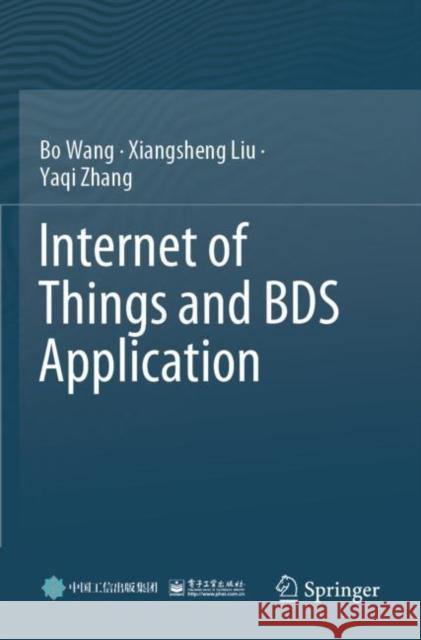Internet of Things and BDS Application » książka
topmenu
Internet of Things and BDS Application
ISBN-13: 9789811691966 / Angielski / Miękka / 2023 / 291 str.
Internet of Things and BDS Application
ISBN-13: 9789811691966 / Angielski / Miękka / 2023 / 291 str.
cena 249,99 zł
(netto: 238,09 VAT: 5%)
Najniższa cena z 30 dni: 248,84 zł
(netto: 238,09 VAT: 5%)
Najniższa cena z 30 dni: 248,84 zł
Termin realizacji zamówienia:
ok. 20 dni roboczych.
ok. 20 dni roboczych.
Darmowa dostawa!
Kategorie:
Kategorie BISAC:
Wydawca:
Springer Verlag, Singapore
Język:
Angielski
ISBN-13:
9789811691966
Rok wydania:
2023
Ilość stron:
291
Wymiary:
23.5 x 15.5
Oprawa:
Miękka
Dodatkowe informacje:
Wydanie ilustrowane











